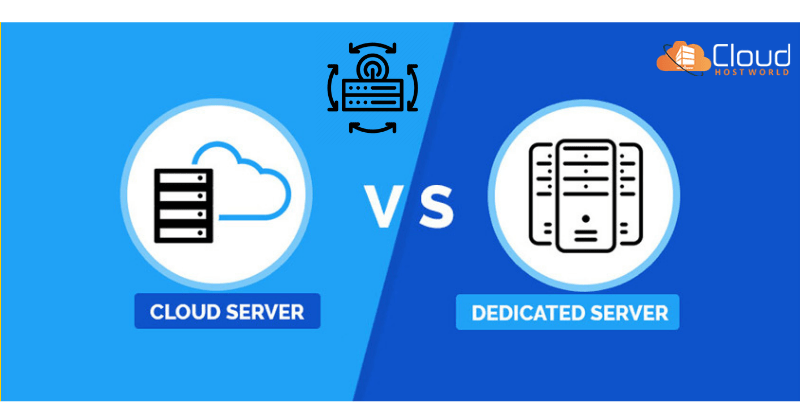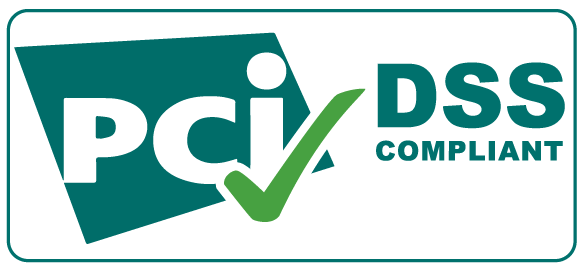Cloud Vs Dedicated Servers – Which Is Better For Your Business ?
Companies today need to have their own position in the virtual space. One way they can make themselves present online is through their websites.
Google has already mentioned that the load time that each website and webpage takes will determine their overall rankings. A better ranking ensures a better reach and engagement.
Moreover, even a second’s delay in the load time can be problematic with the bounce rates. So Cloud Vs Dedicated Servers – Which Is Better For Your Business ?
How do businesses then ensure that they have the fastest and the most secure means of business operations online?
You will need to invest in servers which promise performance and deliverance that will match up to your business needs. Hosting becomes very important as a result.
Choosing the right kind of server would determine how your business will be able to run in the online space. The two most common server hosting that companies prefer are- dedicated and cloud hosting.
Both of them have a set of pros and cons. But it is what they offer should make you decide whether they are the right fit for your company or not.
What is Dedicated Hosting?
One dedicated server is for the perusal of a single client. All the access to every resource of the server is granted to the client.
This server is one host computer and its resources. These resources are customised as per the client’s needs like the storage, bandwidth load, RAM and type of processor.
Dedicated servers are the most powerful servers with the benefit of multiple processors that a client can get.
Sometimes clients might want to avail a cluster of servers, then they might be called a “private cloud”.
A cluster is built virtually where many dedicated servers contribute to one particular virtual location. Even in such a case, it caters to only one client.
What is Cloud Hosting?
Unlike the private cloud in dedicated server hosting, here they are public clouds. Hardware like bare metal support provides the base for cloud servers.
A public cloud is a constituent of multiple such bare metal servers which are kept in a colocation data centre. Virtual servers can be built within seconds and can also be demolished within no time.
Sending data to virtual servers is also very simple as there is no interference of any hardware modification. Flexibility is another advantage of cloud hosting.
Simply put, a cloud is a server combining various servers in different locations.
The virtual space is exactly what clients are paying for. In such a hosting, the client does not have access to the operating system of any of the base units.
The two kinds of hosting share some similarities. These similarities make it confusing for companies to choose one over the other. The common grounds shared by both are-
• Storing information
• Receive request for the information
• Process the requests for the information
• Carry the information back to who requested for it
Understanding the similarities alone will not help you choose the right hosting service for your company.
Once you can analyse and test the differences in the two types of hosting, you will know which one you should choose.
Difference between Dedicated server hosting and Cloud hosting
Performance
Dedicated hosting is like tailor-made to suit the benefits of a particular client. For fast processing and retrieval of data, dedicated servers are absolutely the best.
Since the servers are more locally aligned, there is no big lag time when these functions are carried out. There is no throttling of the bandwidth as well because it is only catering to one tenant or subscriber.
With cloud hosting, the lag time can be more as it needs SAN to complete the server processes. There may be some throttling in the bandwidth if there is more than one tenant on the network.
This is the reason why many cloud service providers ask their clients to get a Network Interface Card (NIC).
ALSO READ : How Cheap Dedicated Server Businesses Can Survive In A Post Corona Economy
Scaling hosting needs
The physical hardware is restricted by the number of Distributed Antenna System (DAS) arrays or drive-bays which are available on the server.
Through an underlying Logical Volume Manager (LVM), a dedicated server will be able to add a drive in an open bay. Dedicated servers also take more time to change the processors.
A cloud hosting easily expands and contracts because SAN is off the host. It does not have to be part of the interaction to provide more storage space. Additionally, no downtime is taken to expand storage in the cloud.
Migration
Migration can be supported well by both dedicated and cloud hosting. In a dedicated server, more planning is required. The new solution must be in lines with the current growth and future needs of the business.
It is ideal to let the old solution and the new solution to work simultaneously until the new solution is ready to take over.
Server Management
Dedicated servers need monitoring for the dedicated physical units. The in-house staff must be familiar with the administration.
The company also needs to understand the load profile, maintain data storage requirements, scale, upgrade and maintain the physical unit. It should be a joint effort by the client and the service provider.
Cloud servers are more accessible to operate with greater scalability. The management efforts do not impact operations. Cloud servers also estimate any limitations that you may face.
Costs
Cloud hosting is cheaper than dedicated hosting. Cloud servers fail to keep up when a company grows and requires more resources. That comes as its biggest disadvantage.
Dedicated servers can be upgraded with time as per the business’ need. Cloud servers are billed monthly on the OpEx model. The dedicated hosting is billed under the CapEx model.
The benefit of CapEx is that you can oversubscribe to the resources without any additional charges.
Which is better?
The hosting patterns differ from each other in the aforementioned points. You have to look out whether the configurations will match up to what your business needs.
Cost is another factor to consider but look at it as a potential or future investment.
To simplify your decision, you can ask yourself the questions below-
• What are the pros of each hosting?
• What are your current business needs?
• What are your future growth needs?
Answers to the above questions might help you narrow down to one.
Cloud Vs Dedicated Servers – Which Is Better For Your Business ?
Testing the two kinds of servers may be a good option before you park your funds with one server.
ALSO READ : How To Improve Landing Page Performance Of Your WordPress Website





 India
India USA
USA UAE
UAE
